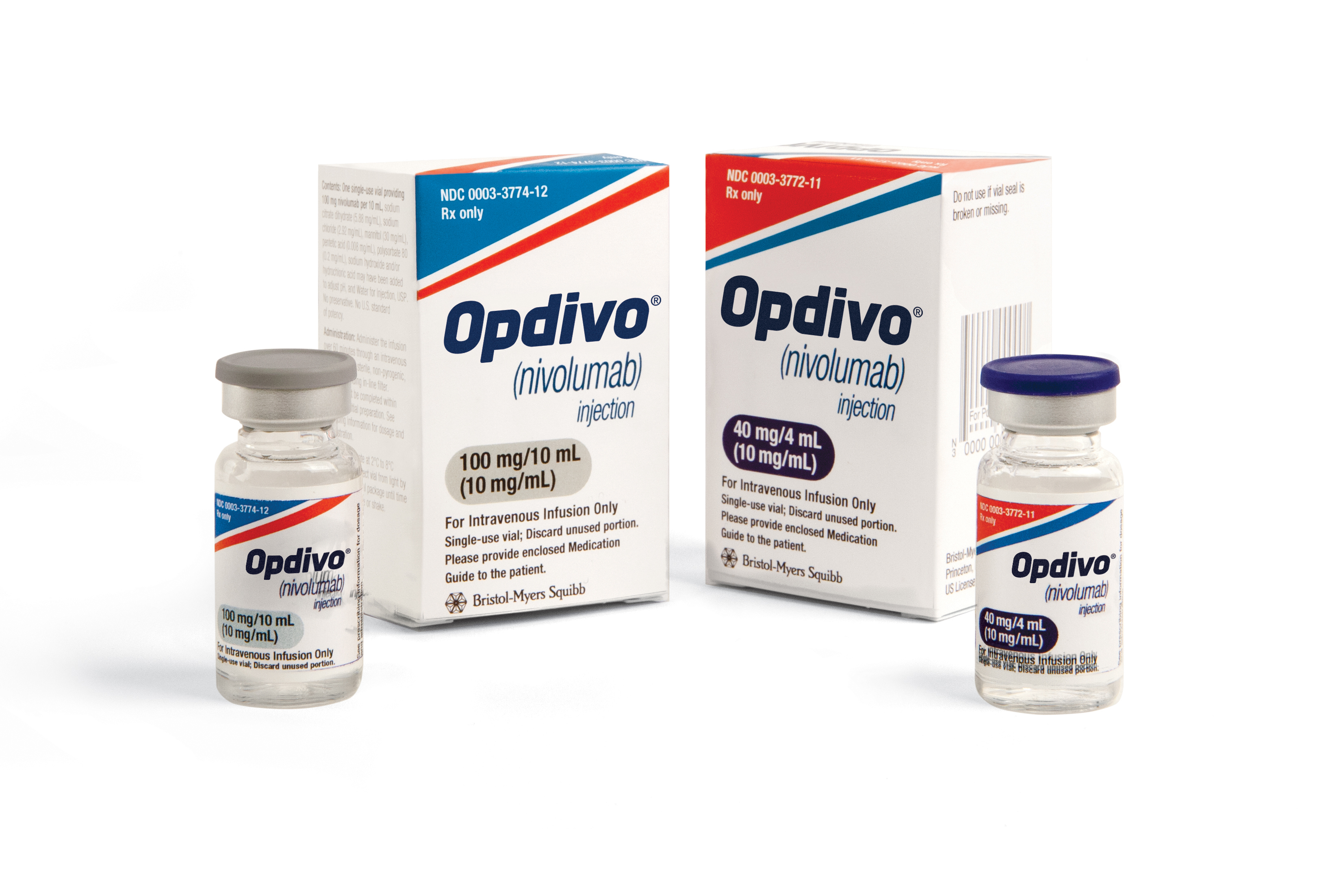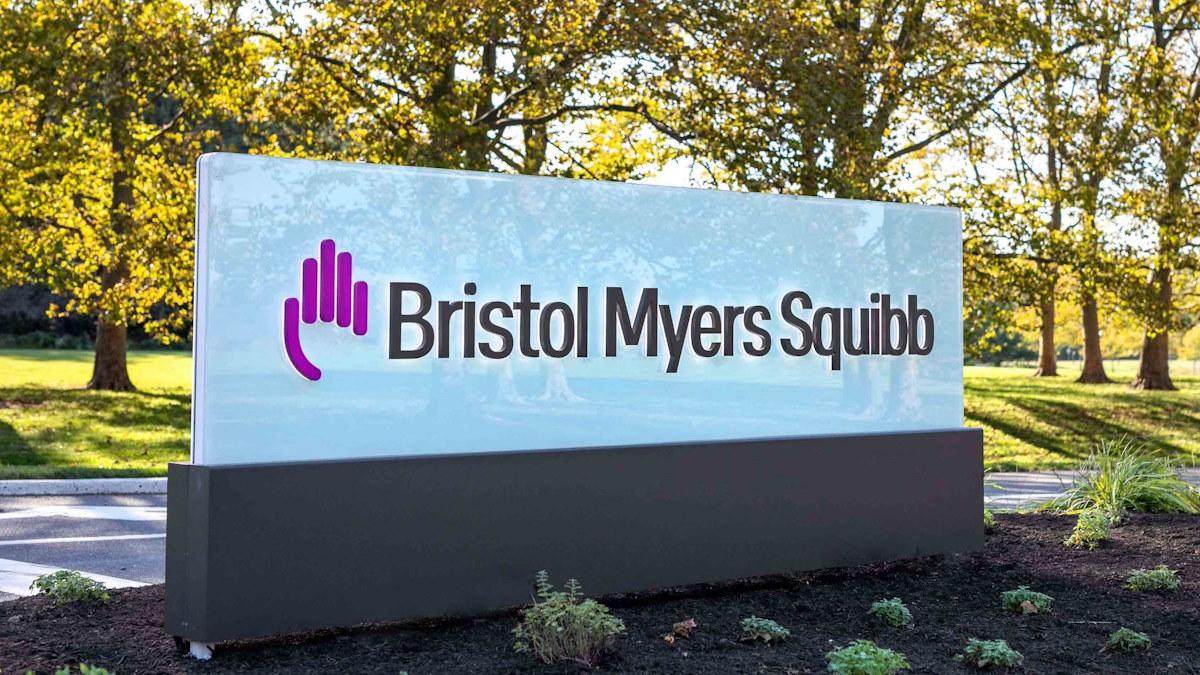BMS pulls speedy Opdivo approval for liver cancer in US

Bristol-Myers Squibb has withdrawn its US marketing approval for PD-1 inhibitor Opdivo as a second-line, single-agent treatment for hepatocellular carcinoma, a common form of liver cancer, in people previously treated with Bayer/Onyx's Nexavar.
Opdivo (nivolumab) was awarded an accelerated approval in 2017 for second-line HCC treatment on the strength of mid-stage data, but failed to improve survival over controls in the larger follow-up CheckMate-459 study designed to confirm those initial findings.
The move comes after FDA advisors voted 5 to 4 in April against continuing to make the cancer immunotherapy available for patients whose tumours had progressed despite earlier treatment with Nexavar (sorafenib), a targeted cancer drug. Panellists expressed the view that upcoming studies are unlikely to shed any further light on Opdivo's role in this type of liver cancer.
People with HCC still have an immunotherapy option available however, as Opdivo can still be used in combination with Yervoy (ipilimumab) to treat HCC patients who have progressed on or were intolerant to Nexavar, while Merck & Co's rival PD-1 inhibitor Keytruda (pembrolizumab) has retained its approval as a second-line monotherapy for the disease.
The Oncologic Drugs Advisory Committee (ODAC) panellists voted by 8 to 0 that while Keytruda's confirmatory KEYNOTE-240 trial didn't meet statistical significance for increased survival, the trends were in the right direction.
BMS said the decision to withdraw the approval was "difficult", and took a swipe at the ODAC and the FDA's position on the issue, saying that it was "disappointed" by the outcome.
"HCC is a complex and challenging disease, and for patients who are initially treated with sorafenib and either cannot tolerate treatment or whose disease progresses, immunotherapy is an important treatment option," said Jonathan Cheng, BMS' head of oncology development.
"For the past three and a half years, Opdivo monotherapy has been an important option that physicians have relied on to address this need and is currently the most commonly used therapy in the post-sorafenib setting," he added.
BMS said it was carrying out additional trials studying Opdivo monotherapy and Opdivo in combination with Yervoy across different disease settings in HCC. Including adjuvant (post-surgery) and first-line settings.
Merck didn't emerge from the ODAC meeting unscathed, and earlier this month pulled a marketing approval in PD-L1-expressing gastric or gastroesophageal junction (GEJ) adenocarcinoma in patients who have received two or more earlier lines of therapy that was voted down at the April meeting.













